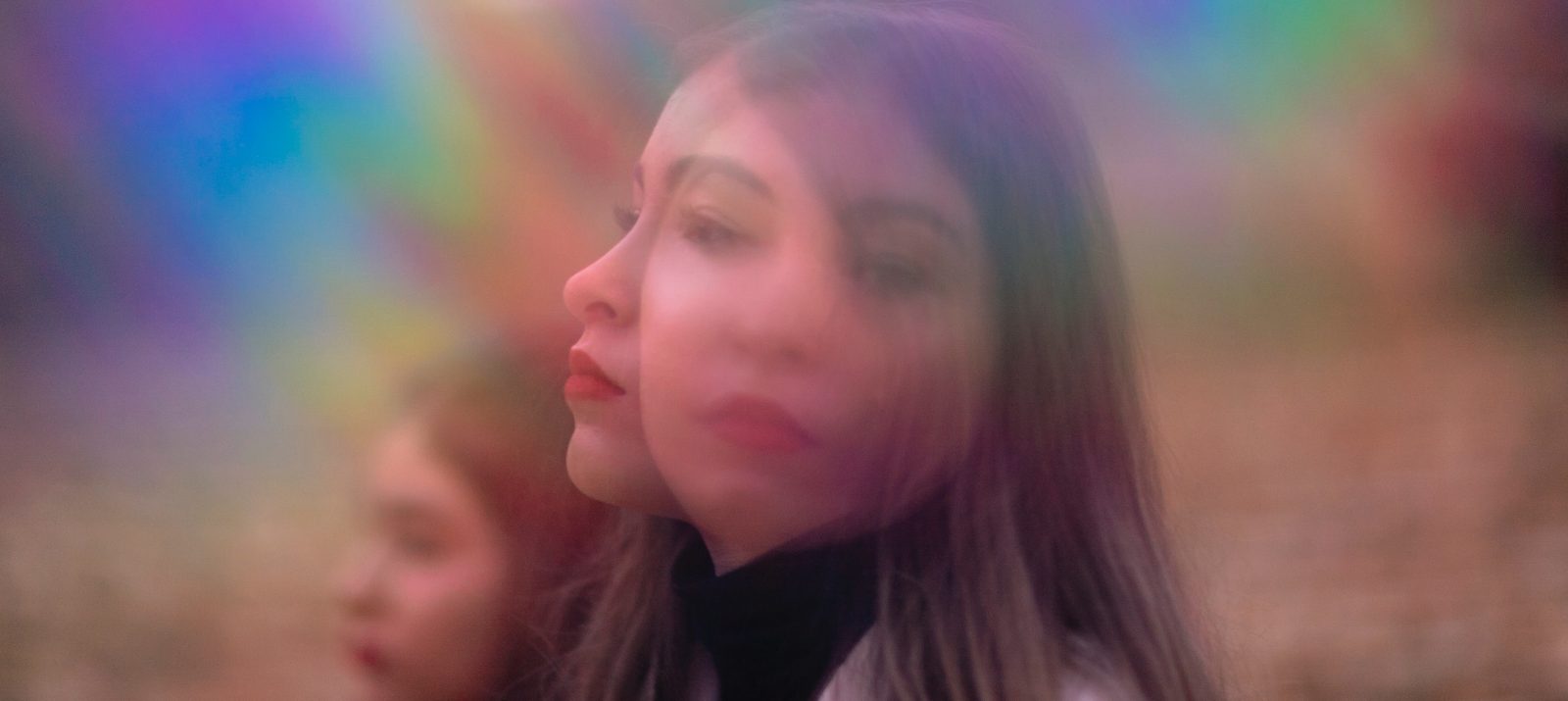
Take photos and share on Instagram or WhatsApp is not only child’s play and a matter of course for young people. It’s about sharing experiences and presenting yourself in the best light. In the past, only professionals could edit photos to make the subject look perfect. Today, smartphones and apps bring such possibilities.
Photos of oneself – mostly selfies – are published particularly frequently. At Instagram and Snapchat you can make them directly in the app and choose a filter beforehand. This is virtually superimposed over the photo or video taken. This makes it quick and easy to integrate fun elements such as elf ears, beards or butterflies into the photo or video. Besides fun filters, so-called beauty filters are very popular. These change the face of the person and adapt it to certain specifications. Thus, features such as skin appearance, hair and eye color or facial features can be changed.
The choice of filters is unlimited and it is getting bigger and bigger. Children and young people find it funny and entertaining. They can also use filters to slip into other roles and try their hand. Sometimes filters even provide more anonymity, since the face is not always recognizable.
With beauty filters, one’s own face is quickly “beautified” and adapted to a certain ideal of beauty. Young people find this fascinating and some feel more comfortable with filtered selfies than presenting their true selves in public.
Apps like Spark AR Studio let you design your own filters and use them on Instagram. Young people can thus imitate the filters of their role models. There are even small trends and challenges developing with face filters. In this way, users feel they belong to a community and are closer to their idols.
Big eyes, narrow nose, pouty mouth and perfect complexion. Face filters can give a very one-sided image of beauty. Young people think that this is normal and they have to look just as perfect. The photos created by filters distort one’s own self. In young people, self-confidence is not yet consolidated. Therefore, compare themselves strongly with other people and with widespread ideals of beauty. They may not like pictures of themselves without filters or how they really look. Yet very few people are perfect. You can read more about the dangers of these beauty ideals in our article “Self-perception in times of Instagram & Co”. A counter-movement in social media is called body positivity or #nofilter. Images posted under these hashtags aim to show real people without using filters.
Understand your child’s enthusiasm for Face Filter when it’s all about fun and creativity. Have them show you what filters your child is using. Talk to him about filters that are supposed to make you more beautiful and what is really behind them. Make it clear that filtered images have little to do with reality. Browse the web together for photos tagged with the hashtags #nofilter or #facepositivity . Talk about your own self-image and encourage your child to accept themselves and see themselves as beautiful.